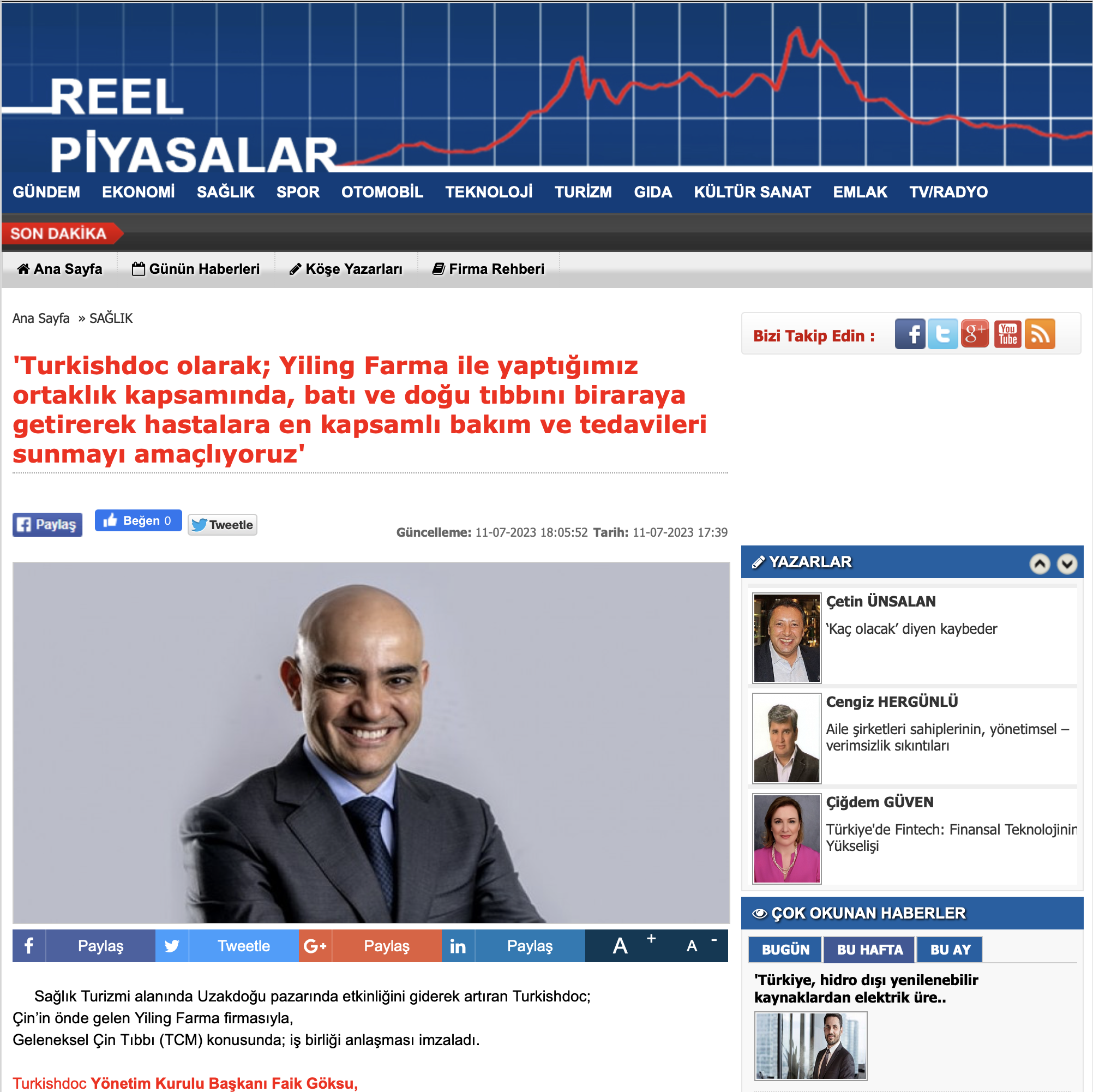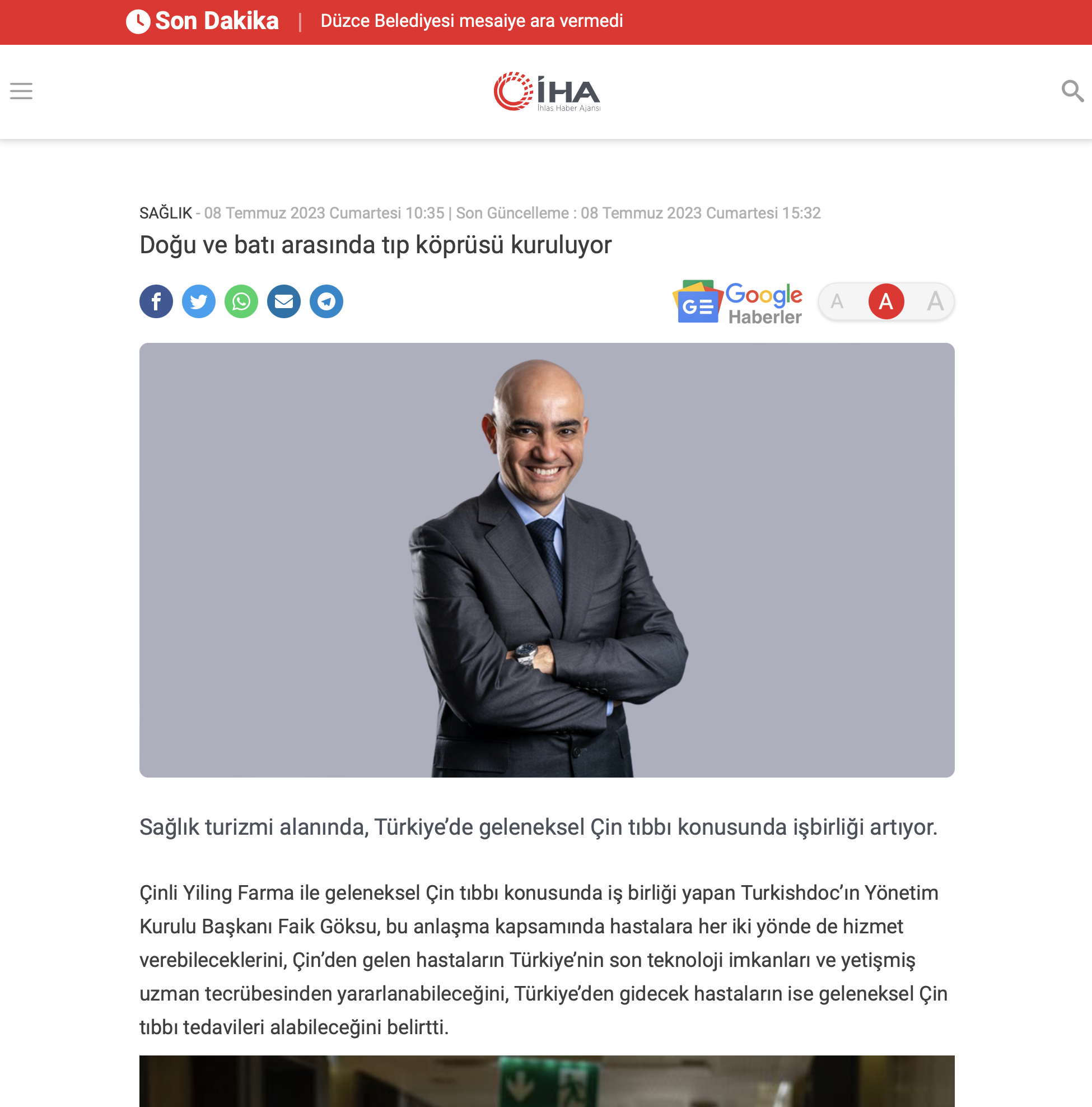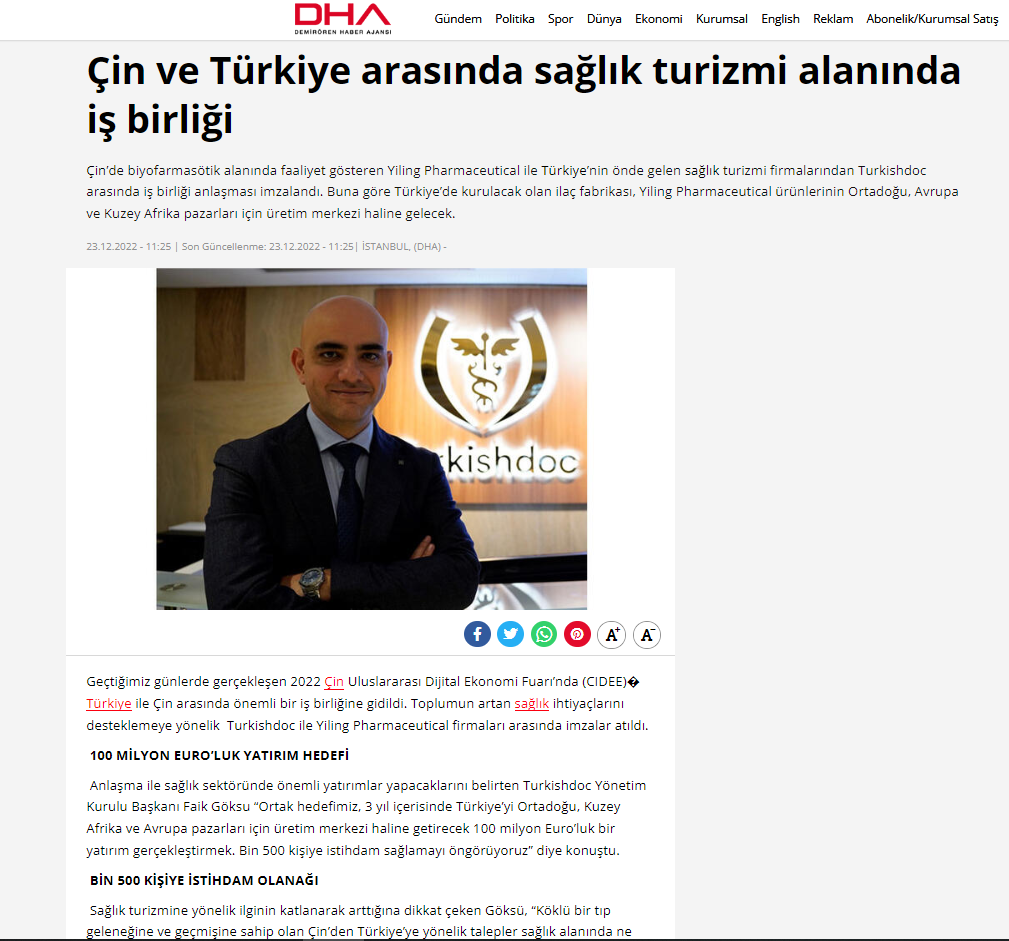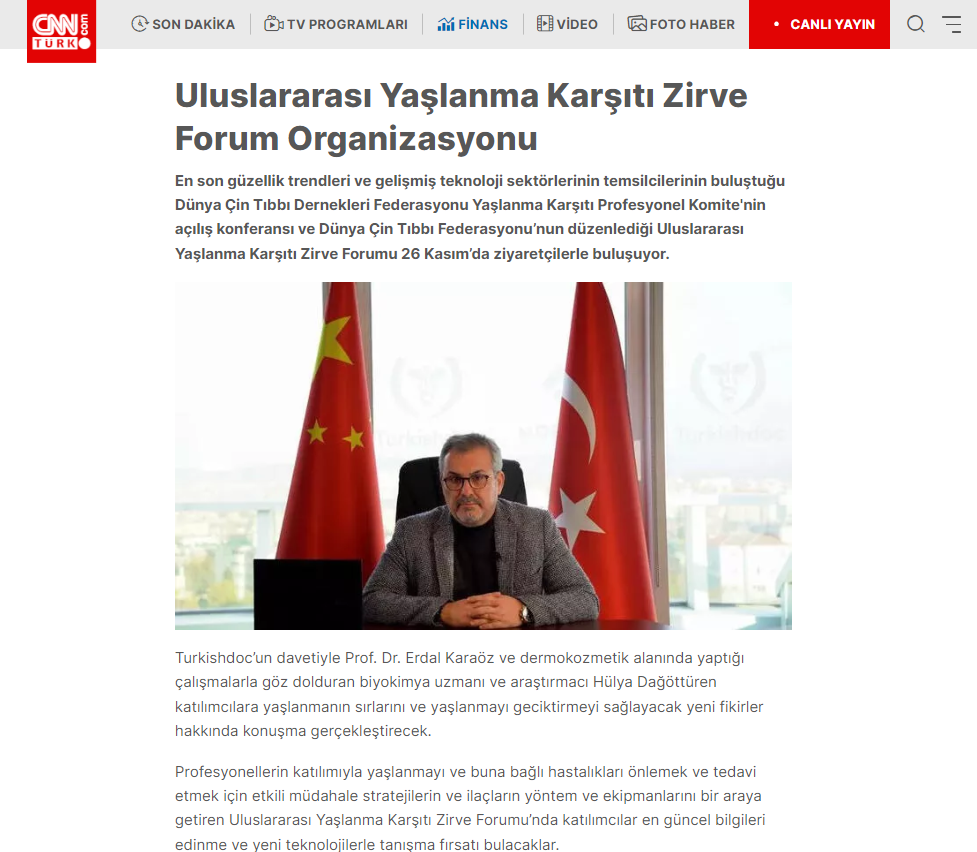Turkishdoc
Things to Consider After Your Rhinoplasty
You survived the rhinoplasty. Now it will take some time until the healing process is complete. During this important phase, you must be careful and follow our recommendations. You can find explanations for the time of recovery and recovery after your nose job here.
Pain after rhinoplasty?
An important word about the possible pain after or as a result of an aesthetic nose operation : Even with very extensive aesthetic nose corrections with corresponding mobilization and modeling of the bony nasal framework, you as the patient usually have little or no pain.
Typical consequences of a rhinoplasty
Typical consequences of a rhinoplasty are swelling and bruising on the face, discharge of wound secretions, blood clots, restricted nasal breathing during the first few weeks, a furry feeling in the nose, especially in the area of the tip of the nose, and stiffness in the area of the upper lip. Most of these sequelae resolve within the first few weeks. The stiffness of the upper lip and the furry feeling in the area of the tip of the nose will recede in the first few months after your rhinoplasty. The aim of giving you a lasting and long-lasting surgical result can go hand in hand with your nose feeling “stiffer” overall in the long run than before the operation.
Precautions after rhinoplasty
After a rhinoplasty, wound and mucous secretions usually come out in the first few days. You should only dab this off without manipulating the nose. For example, do not insert handkerchiefs up the inside of your nose. This can reduce the moistening of the mucous membranes required for wound healing after the operation.
Use of decongestant nose drops
Decongestant nose drops may still be used during the first few days before the septal support splints are removed. Stop using the nose drops at the latest after removing the inner support rails. These are removed around the 7th day after the nose operation. For further care after the rhinoplasty, continue to use a soft, nourishing nasal ointment and, if necessary, a so-called nasal douche. Before doing so, please consult us or your treating ENT doctor or plastic surgeon on site.
Internal suture
Depending on the initial findings and the nose operation performed, self-dissolving suture material also remains in the nose. Avoid manipulating this suture material and the fixing knots with fingers or other tools. There is a risk that the knots will come loose. In addition to the loosening of the fixing suture material, bacteria can also be carried over and thus lead to wound infection. If, exceptionally, it is necessary to remove the suture material on the inside, we will do this ourselves or, after consultation with your attending specialist, we will do so at your home location.
Don’t sneeze or sniff
Avoid sneezing as much as possible after your nose job. If it is unavoidable, sneeze with your mouth wide open. You should also avoid blowing your nose in the first four weeks after the operation. As an alternative, use the otherwise frowned upon sniffing (carefully).
antibiotic therapy?
In the case of complex post-rhinoplasty corrections involving the use of transplants and/or foreign material, further antibiotic therapy can be useful after discharge from inpatient treatment. We will of course coordinate this therapy with you individually.
Head positioning in the first weeks after the operation
For the first two weeks after a rhinoplasty, please keep your head up in bed. This reduces the risk of bleeding and swelling of the soft facial tissue. It is also helpful if you speak little and avoid laughing at first in order to promote healing in the desired form.
Sport only four weeks after the nose operation
Please do not exercise in the first four weeks after your nose correction. You should avoid contact sports with the risk of nasal trauma for about three months.
wearing contact lenses
Contact lenses can often be worn again in the first few days after a nose job. Light glasses can usually be worn again after four weeks. If you have heavy glasses, wait three months before wearing them.
Washing hair after nose job
Please refrain from washing your hair in the first few days after a nose job. You should avoid full baths for four weeks after the operation. Avoiding smoking and alcohol is also beneficial for wound healing.
No sunbathing for three months
You should also avoid sunbathing and the solarium for about three months.
Please always coordinate your medication intake
In the early phase after the operation, the intake of medication should be coordinated either with us or with your doctor at home. Medications that increase the risk of bleeding, such as B. Aspirin®, should be avoided.
Long-term course and long-term controls after your nose correction
Especially at the beginning you will notice changes in your nose every day. It is not uncommon for changes in your nose to be observed over the course of the day. For example, the nose is often more swollen in the morning than in the evening. This changes after the first few weeks. Your nose will then have swollen so much that the changes that take place then are usually only minor and those around you will hardly notice them.
When is the nose stable again after surgery?
The healing process after nose surgery takes 6-12 months
Even if swelling and bruising subside well in the first few weeks and you are socially acceptable again within a short time: the final healing process still takes 6-12 months. Changes in the shape and function of the nose can also occur before the healing process is finally complete. In the case of complex nose operations and especially post-nose corrections, this can sometimes take longer than a year.











